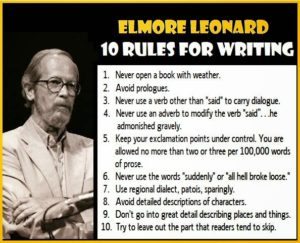This post by Claire Ryan originally appeared on her Raynfall blog on 5/9/15.
Everyone asks, how can I become a better writer?
The answers are usually something like: read more books in the genre you’re writing, write as much as you can, get feedback from other writers and readers. Yes, you should do all those things, and they will make you a better writer in general. But something that’s often overlooked (perhaps because it’s incredibly nerdy) is tabletop roleplaying.
RPGs like Dungeons and Dragons are amazing tools for focusing the mind on the process of storytelling. By running and playing in an RPG, you’ll develop skills and habits that will make your writing better – or at least easier!
Worldbuilding
Being a GM, or gamesmaster*, for an RPG is an interesting experience, and it has a steep learning curve to it. It starts with the setting of the game, which could be D&D, the various White Wolf games, Call of Cthulhu, or oldies like Rolemaster. You’ll get to grips with a setting and run games within it, but eventually, once you’ve got some experience and confidence, you’ll want to make your own setting.
*Publetariat Editor’s note: in the U.S. we call them “Dungeon Masters”
This is where things get crazy – and useful. Worldbuilding for a novel and worldbuilding for an RPG setting are exactly the same thing. You create the setting from the top down, laying out the land, races, magic or technology, and politics at a macro scale before you ever get to cities, groups, and individuals. As a GM, you never need to make the characters – those are your PCs – but you’ll have everything surrounding them locked down and ready to go long before the story ever begins.
Read the full post on Raynfall.


